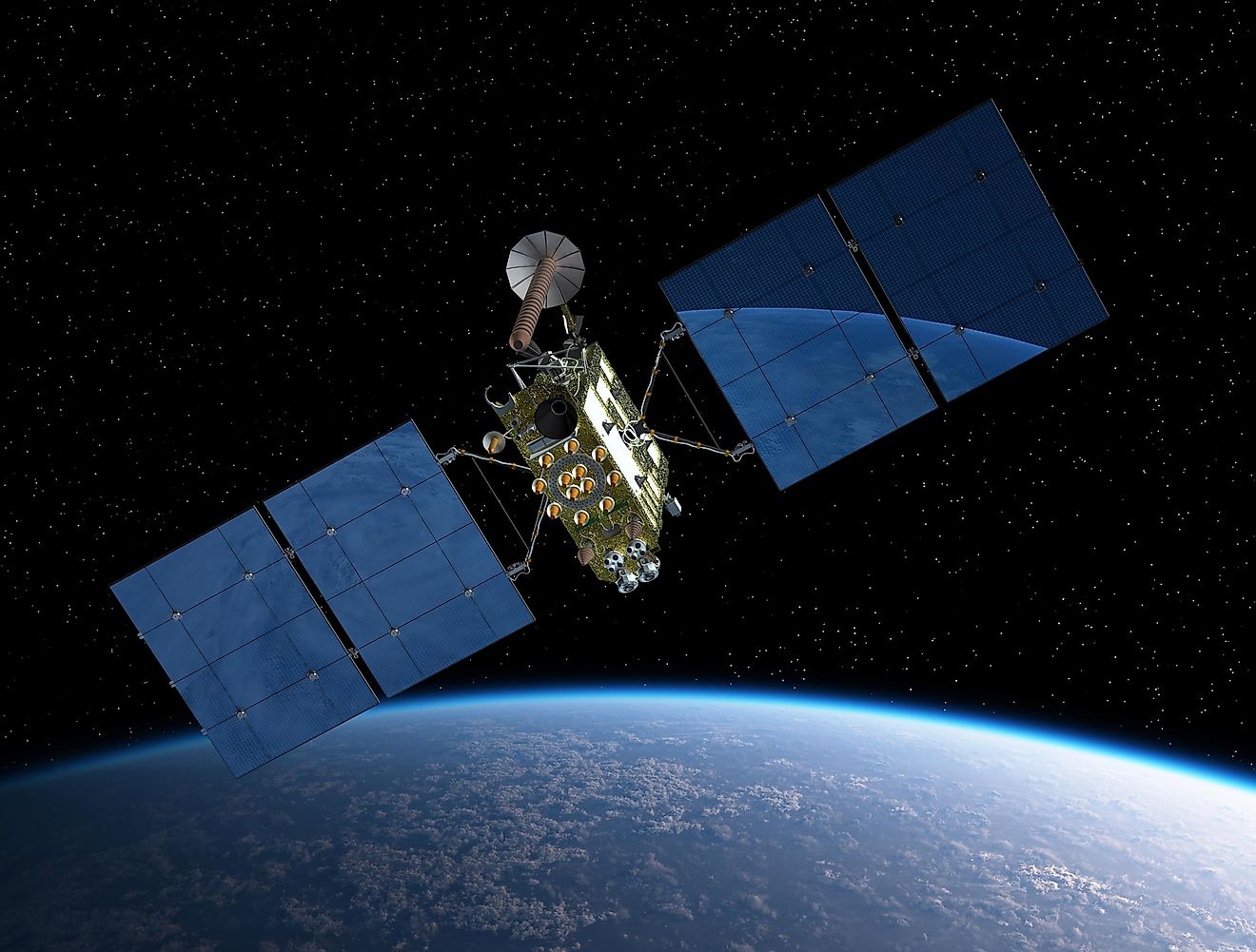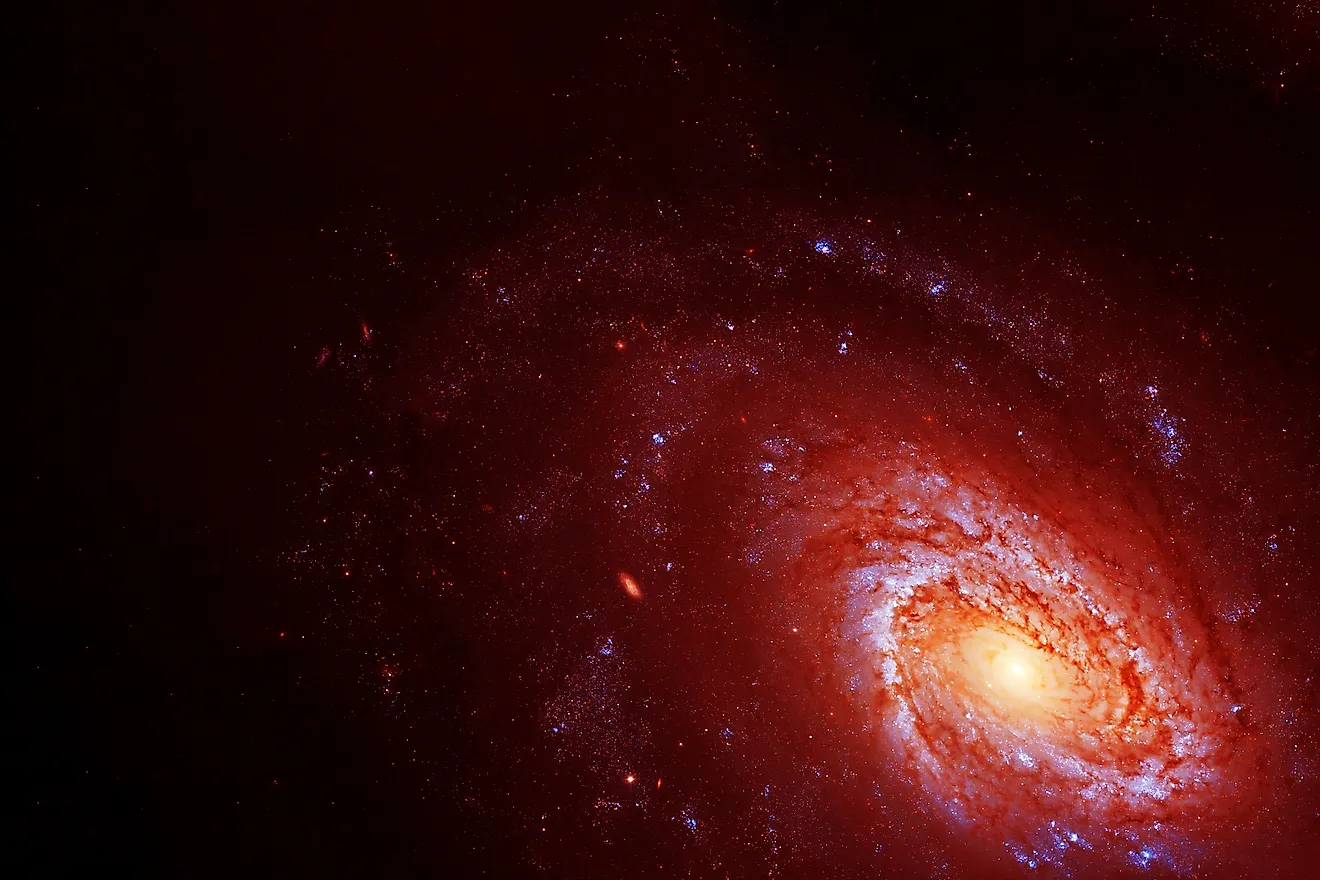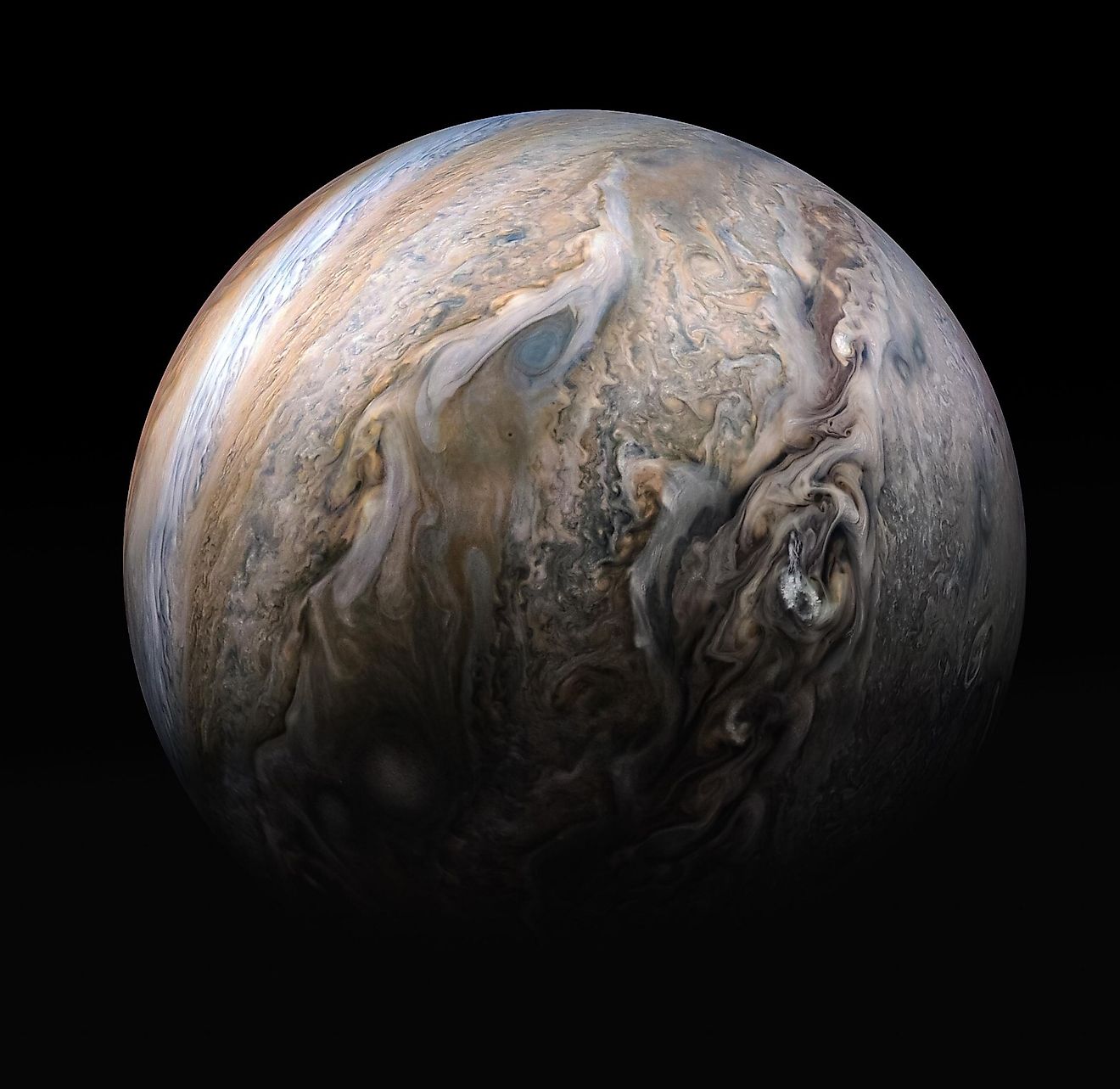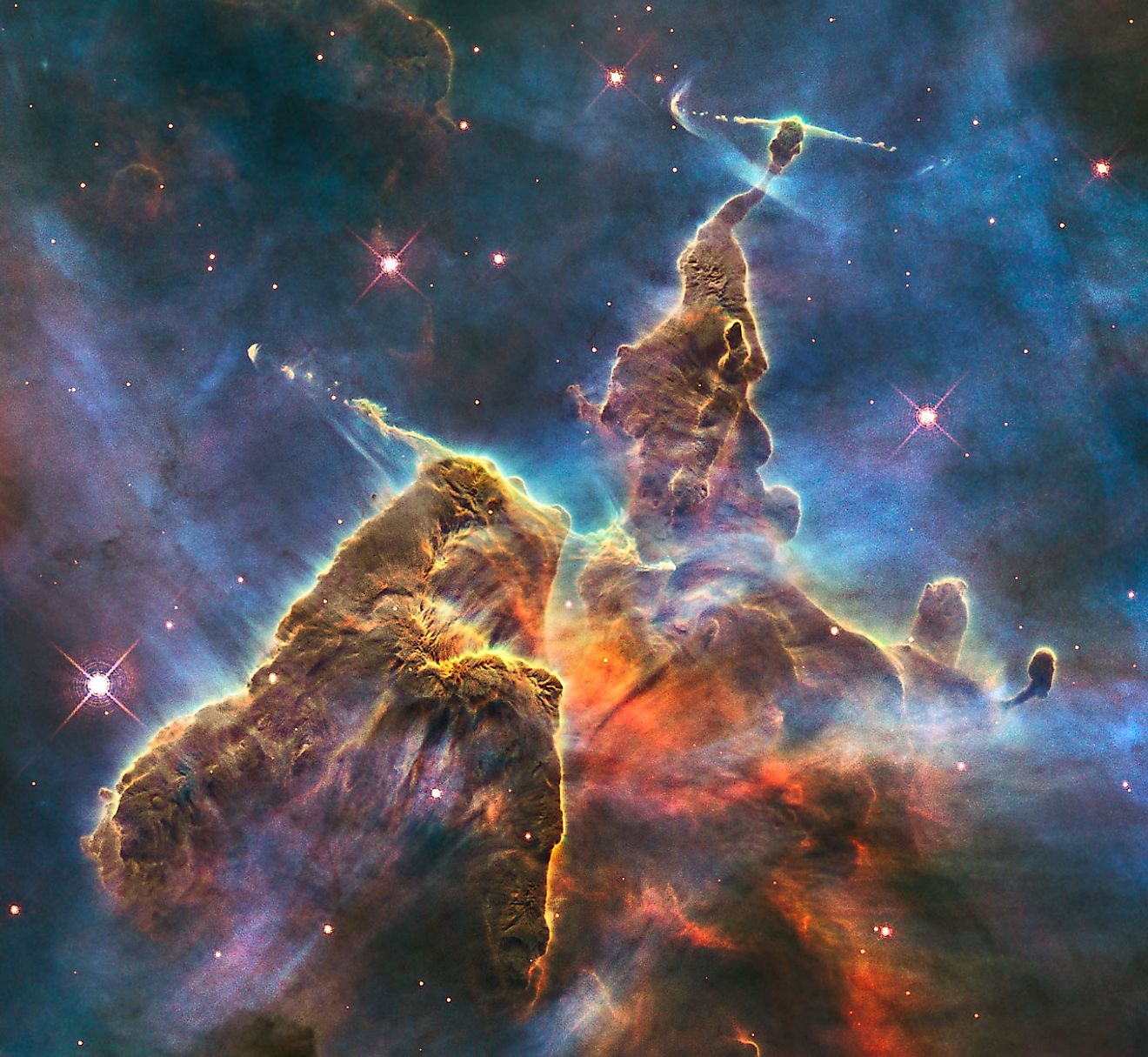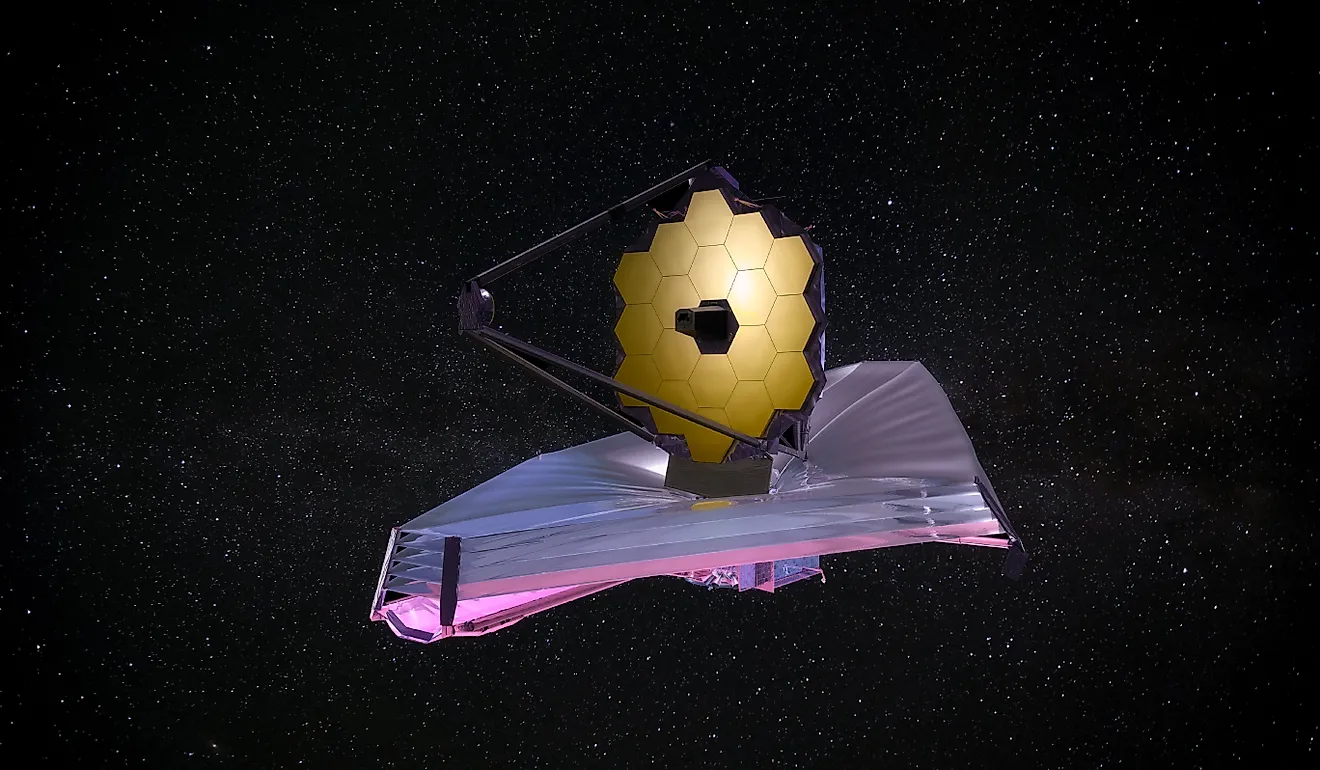
Is The Speed Of Light Constant?
Light is the fastest known thing in the universe. In a vacuum, light travels at 186,000 miles per second (300,000 kilometres per second). The speed of light is defined as a natural law of physics, and it represents a physical speed limit for things in the universe. Nothing can travel faster than light, and anything that has mass will never be able to achieve 100% light speed. Furthermore, the speed of light remains constant and cannot be changed regardless of other factors.
Relative Speed

The speed of almost everything in the universe is dependent upon your position and speed. For example, you may feel stationary at this moment, yet you are actually travelling around the sun at 67,000 miles per hour. The Earth itself is moving, and we are all carried along with it. In addition to the Earth’s rotational and orbital speeds, the solar system itself is moving around the Milky Way at 490,000 miles per hour. Despite the extreme speeds we are all currently moving at, most of us likely feel stationary at this moment. That’s because speed is dependent upon our relative position. If you were to sit in a car with no windows and experienced no friction, you would not be able to tell that you are moving.
In addition to speed being relative, the speed of something will be dependent upon the speed of its source. For example, if you’re on a train moving at, say, 80 miles per hour and you run down the aisle at five miles per hour, your total speed will be 85 miles per hour. This is true for everything in the universe, except for light. The speed of light does not get added to based on the speed of its source. That same train may be emitting a beam of light, yet the train’s speed will not be added to the speed of light. The speed of light remains constant regardless of your speed and position.
Why Can’t the Speed of Light Change?

The universe is governed by natural laws that are generally determined by constants. There’s the gravitational constant, for example, which determines the strength of the gravitational force. Without these constants, the universe as we know it simply could not exist. The speed of light is a constant that influences other constants, and if the speed of light itself were not constant, the universe we see could not exist. Exactly why the universe requires constants remains unknown, and why the speed of light has the value it does is also unknown. As of yet, the universe appears to simply be the way it is because it can. Understanding why the universe is the way it is remains one of the biggest mysteries of the universe.
